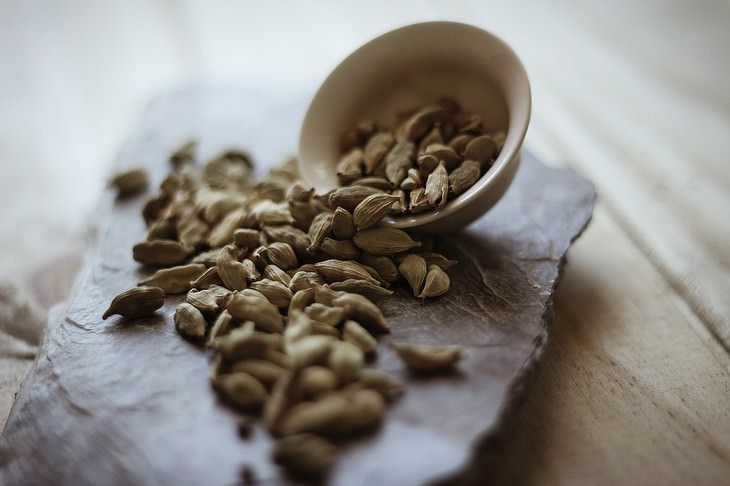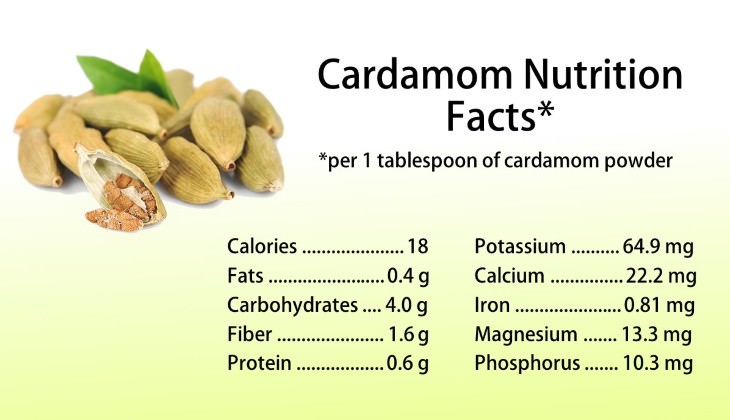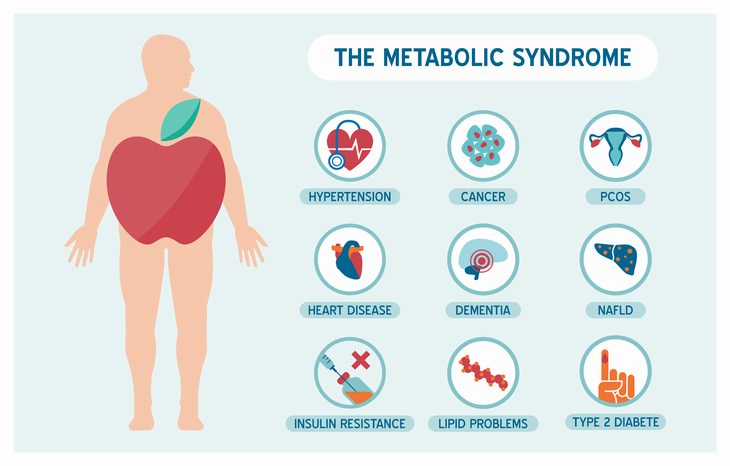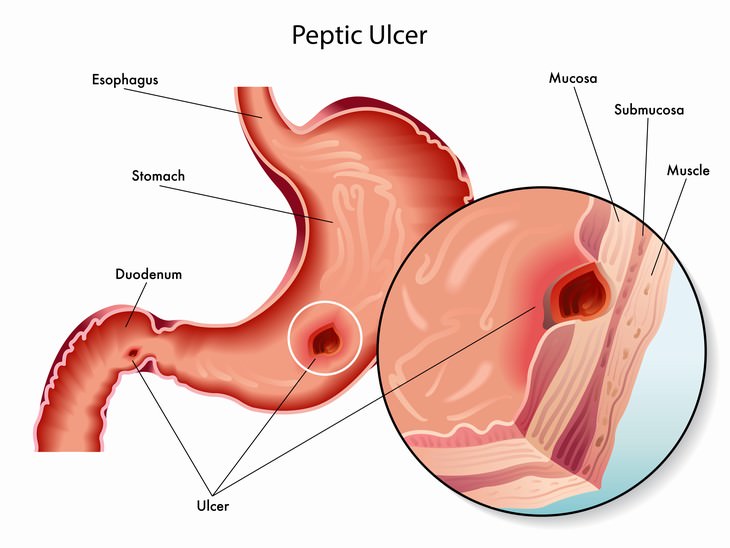Effective Ayurvedic Treatment For Chronic Kidney Disease?
Astrologer Vighnesh India: +91 8778336835 USA: +1 (425) 358-6565 / +1 (716) 777-3857 Wat'sapp.. Consultation by web appointment www.astrovighnesh.com
Astrologer in US : #Astrologer in USA : #Astrologer in India : #Astrologer in Chennai : # Best Astrologer in :#Pancha Pakshi Astrology : #Astrologer in Malaysia : #Astrologer in Sri Lanka : #Astrologer in Dubai and UAE
The scariest thing about Kidney Disease is that most people suffering from it aren’t aware of it!
Kidney diseases are explained in Ayurveda under mutra vaha sroto dushti, mutraghata, mutrakrcchra, ashmari and prameha. There are various kidney diseases and one among them is CKD- Chronic kidney disease.
What is chronic kidney disease?
Chronic kidney disease is also called chronic kidney failure. It is a condition in which the kidneys fail to adequately filter waste products from the blood. Your kidneys filter wastes and excess fluids from your blood which are then excreted in your urine. When chronic kidney disease reaches an advanced stage, dangerous levels of fluid, electrolytes and wastes can build up in your body. Chronic kidney failure may be progressive and irreversible.
What are the causes for chronic kidney disease?
Uncontrolled diabetes and high blood pressure
Autoimmune diseases like HIV
Genetic diseases like polycystic kidney disease
Injuries to kidney
Prolonged intake of some medicines
Interstitial nephritis, an inflammation of the kidney’s tubules and surrounding structures
Autoimmune diseases like HIV
Genetic diseases like polycystic kidney disease
Injuries to kidney
Prolonged intake of some medicines
Interstitial nephritis, an inflammation of the kidney’s tubules and surrounding structures
Prolonged obstruction of the urinary tract, from conditions such as enlarged prostate, kidney stones and some cancers
Vesicoureteral reflux, a condition that causes urine to back up into your kidneys
Recurrent kidney infection, also called pyelonephritis
What are the factors that increase your risk of chronic kidney disease?
Diabetes
High blood pressure
Heart disease
Smoking
Obesity
High cholesterol
Family history of kidney disease
High blood pressure
Heart disease
Smoking
Obesity
High cholesterol
Family history of kidney disease
What are the symptoms of chronic kidney disease?
Chronic kidney disease develops slowly. Initially there may be no symptoms. Below symptoms develop gradually once the accumulation of the waste products begin in the body.
Loss of appetite , bad taste in the mouth
Vomiting and diarrohea
Nausea
Weight loss and weakness
Variation in the frequency of urination
Blood in the urine, foamy or bubbly urine
Swelling of the legs, ankles, feet, face and hands
Difficulty in sleeping, lethargy and confusion
Darkening of the skin, itching
Shortness of breath due to extra fluid in the lungs
Abnormal heart rhythms
Vomiting and diarrohea
Nausea
Weight loss and weakness
Variation in the frequency of urination
Blood in the urine, foamy or bubbly urine
Swelling of the legs, ankles, feet, face and hands
Difficulty in sleeping, lethargy and confusion
Darkening of the skin, itching
Shortness of breath due to extra fluid in the lungs
Abnormal heart rhythms
How can chronic kidney disease be diagnosed?
The diagnosis of kidney failure usually is made by blood tests measuring Blood Urea Nitrogen (BUN), creatinine and glomerular filtration rate (GFR).
How can chronic kidney disease be treated?
The goal of treatment is to prevent or further slow down the damage to your kidneys. Treatment of the underlying cause of kidney failure may return kidney function to normal.
If the kidneys fail completely, the only treatment options available may be dialysis or kidney transplantation.
What is Kidney Dialysis?
Kidney dialysis is a life-support treatment that uses a special machine to filter harmful wastes, salt and excess fluid from your blood.
There are two types of dialysis -haemodialysis and peritoneal dialysis.
Patients often need dialysis treatments several times a week. Frequency of the dialysis depends on your level of kidney functioning, your body weight, amount of waste and fluid gathered in your blood since your last dialysis session.
Dialysis costs a lot of money. If your kidneys have failed, you will need to have dialysis treatment for your whole life unless you are able to get a kidney transplant.
How can kidney failure be prevented?
Lifelong efforts to control blood pressure and diabetes may be the best way to prevent chronic kidney disease and its progression to kidney failure.
Tips to follow-
Eat meals that are low in fat and cholesterol.
Get regular exercise
Keep your blood sugar and blood pressure under control.
Avoid eating too much salt or potassium
Give up smoking and alcohol intake
Limit fluid intake
Eat less protein
Get regular exercise
Keep your blood sugar and blood pressure under control.
Avoid eating too much salt or potassium
Give up smoking and alcohol intake
Limit fluid intake
Eat less protein
Is Ayurveda safe for Chronic Kidney Disease patients?
Definitely yes!
It is a commonly feared fact that Ayurvedic medicines contain heavy metals and are not suitable for certain medical conditions!
There are various Ayurvedic medicines which help to prevent the further deterioration of your kidneys.
They may also help decrease the frequency of dialysis.
Ayurvedic treatments significantly correct albuminuria and serum creatinine value and improve the renal function.
Ayurvedic medicines are usually safe and well-tolerated when prescribed by a qualified and knowledgeable Ayurvedic practitioner. However, some Ayurvedic preparations may risk toxicity when they are not manufactured according to the standards. Most of the time, people go by advertisements while buying medicines, instead of consulting qualified Ayurvedic doctors.
Few Ayurvedic medicines contain heavy metals called Rasaoushadis. These medicines are prepared after performing vigorous purifying techniques described in the Ayurvedic texts. There is a lot of research done at different levels to prove that a medicine is safe. Ayurvedic medicines have dosage and one must adhere to it. It is always safe to consult an eminent ayurvedic practitioner before taking any medicines.
Below are the Ayurvedic formulations which are beneficial in Chronic Kidney Disease-
Kashayams – Dashamoola kashayam, Punarnavadi kashayam, Mustadi kashayam and Brithyadi kashayam.
Tablets – Punarnavadi guggulu, Gokshuradi guggulu and Chandra prabha vati.
Tablets – Punarnavadi guggulu, Gokshuradi guggulu and Chandra prabha vati.
If CKD is caused due to uncontrolled blood sugar the following medicines are effective-
Nisa katakadi kashayam or Kataka kadhiradi kashayam.
Triphala and Musta churna- Mix Triphala churna and musta churna in equal proportion. Boil 1 tsp of churna in 1 glass of water and reduce to half glass. Drink twice a day before meals.
Nisha amalaki churna paniya- Soak 1 tsp of nisha amalaki churna in 1 glass of water overnight and drink next day morning in empty stomach.
Triphala and Musta churna- Mix Triphala churna and musta churna in equal proportion. Boil 1 tsp of churna in 1 glass of water and reduce to half glass. Drink twice a day before meals.
Nisha amalaki churna paniya- Soak 1 tsp of nisha amalaki churna in 1 glass of water overnight and drink next day morning in empty stomach.
Herbal teas that strengthen your kidneys
Grind and mix equal amount of musta, fennel seeds, cumin and coriander seeds. Boil 1 tsp of this powder in 1 glass of water and reduce to half glass. Drink twice a day.
Prepare a mixture of Punarnava- 1 part, gokshura- 1 part, fennel seed – 1 part. Take 1 tsp of this mixture 2 or 3 times a day after meals with warm water.
Here is a warning for those habitual pill-poppers!
Over-use of any drug may cause kidney damage. A drug that causes damage to the kidneys is called as a ‘nephrotoxic drug.’ Any sort of damage to the kidneys can make them inefficient to filter out the toxins it is exposed to everyday. These toxins then start accumulating in various tissues of the body and can even cause death. Most people are habitual pill -poppers, assuming nothing untoward will ever happen to them. A study highlighted that use of over-the-counter and prescription medications accounts for about 20 percent of cases of acute renal failure.
Improper and prolonged use of Allopathic drugs may damage your kidneys. Be aware!
Pain killers or analgesics and non-steroidal anti-inflammatory drugs (NSAID) may lead to end stage kidney disease.
Certain drugs used in high blood pressure, anticonvulsants, malaria-treating drugs, and certain antibiotics have shown to favour renal failure.
Chemotherapy drugs
People who are diabetic or have cardiovascular diseases often take multiple medications which increase their chances of kidney damage
Intake of few dietary supplements may also be a cause.
Prevention of kidney damage-
Since you may not be able to avoid taking medicines under certain conditions, here are a few ways in which you can reduce damage to your kidneys-
Since you may not be able to avoid taking medicines under certain conditions, here are a few ways in which you can reduce damage to your kidneys-
Avoid self medication
While taking over-the-counter drugs, check labels for warnings
While taking over-the-counter drugs, check labels for warnings
Avoid habituating yourself to particular medicines such as sleeping pills or painkillers. Instead follow a healthy lifestyle, meditation and natural therapies like shiro dhara, abhyanga, etc.
Long-term consumption of drugs should be only under supervision.
Make sure you are taking appropriate dosage.
Drink adequate fluids to flush out the toxins.
Consume natural foods to avoid artificial nutrition supplements.
According to Ayurveda, there are thirteen types of natural urges in the body which should not be suppressed. These are the natural calls from body, which a person must attend to, as and when they appear in order to maintain the balance in the body and to prevent the manifestation of diseases. Urge to pass urine is one among them.
In our modern lifestyle, we find ourselves forcefully suppress the urge for urination while travelling due to unavailability of toilets, watching a favourite show in TV, etc. Prolonged suppression causes-
Pain in bladder and genital region
Pain and difficulty in micturition
Headache
Stone formation
Distension of lower abdomen
Pain and difficulty in micturition
Headache
Stone formation
Distension of lower abdomen
Avoid the suppression of urge to urinate and prevent the diseases.
Superficially the function of kidney seems to make urine, but it is no exaggeration to say kidneys are the master chemists to maintain our internal environment. A healthy outside starts from the inside. Follow a healthy life style to protect your kidneys for yourself and also others.
Almost 600,000 patients per year in the United States and an estimated 2 million patients worldwide are affected by end stage kidney disease. More than 90,000 patients in the United States are on the kidney transplant list, but each year there are less than 20,000 available donor kidneys. The need for donor kidneys is rising at 8% per year.



























